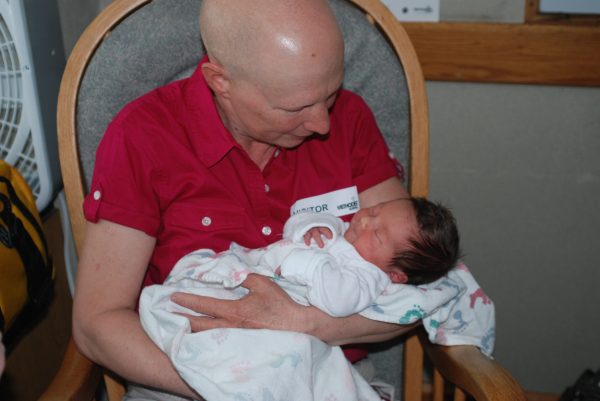Opinion: Mental Health Should Not be Romanticized
Wanting Attention has its Limits
When we romanticize something, we often tend to speak about it in a way that is more desirable or exciting than it actually is. Romanticizing mental illnesses is no way to get attention from anybody. This can often lead to problems for an individual who is struggling with a mental health disorder.
 For example, When “Person A” who has a mental illness sees “Person B” romanticizing a mental disorder, “Person A” may experience erratic behaviors that can often be dangerous for themselves and their loved ones.
For example, When “Person A” who has a mental illness sees “Person B” romanticizing a mental disorder, “Person A” may experience erratic behaviors that can often be dangerous for themselves and their loved ones.
If someone who is “Person A” sees or hears “Person B” viewing mental health disorders as a ruinous beauty, it can lead “Person A” onto the wrong path. “Person A” may never try to reach out for help, especially if they start to believe that their mental illness is a part of who they are.
 For the next example, say that “Person A” is watching TV or is on social media. This show, movie or post contains sensitive and triggering content for its viewers. “Person A’s” mood can quickly be affected within minutes. When we are around or see negative people, shows, music or people who are influencing those negative habits, those behaviors tend to worsen.
For the next example, say that “Person A” is watching TV or is on social media. This show, movie or post contains sensitive and triggering content for its viewers. “Person A’s” mood can quickly be affected within minutes. When we are around or see negative people, shows, music or people who are influencing those negative habits, those behaviors tend to worsen.
We see this in the show 13 Reasons Why on Netflix. The streaming platform currently has a warning at the beginning of each episode to caution its viewers that the show contains graphic and potentially triggering content. The warning was added because when Netflix came out with the first season, there was an increase in suicide rates among teenagers. CNN.com says that following the show’s release in April 2017, 10-17 year-olds had an increase in suicide rates by 28.9%. Shows like this often draw attention from many different audiences, but sadly, numerous shows and movies often misinterpret mental health.
Another example is throwing around suicide threats, saying anything is trauma, or making life experiences a competition. If you are doing this to seek attention and need help, please reach out to a doctor or a trusted adult. If you find yourself saying any of those things, think about how it will affect the other person you’re talking to as well. Talk of self-harm and suicide can be very triggering and contagious.
Why does this all matter?
To view a mental illness as a ruinous beauty leaves “Person A” with a feeling that having a mental disorder is just a part of who they are. “Person A” may end up with issues such as never getting professional help, making poor decisions, blaming those choices on their mental health, and an increased chance of suicide. If you find yourself a “Person A” or “B”, and feel you are struggling with a mental health disorder, reach out to a trusted adult and get professionally checked out by your doctor.

Laci Smith is a Freshman at GHS and this is her first year with Gretna Media. She serves as a reporter and photographer. She is interested in journalism...






